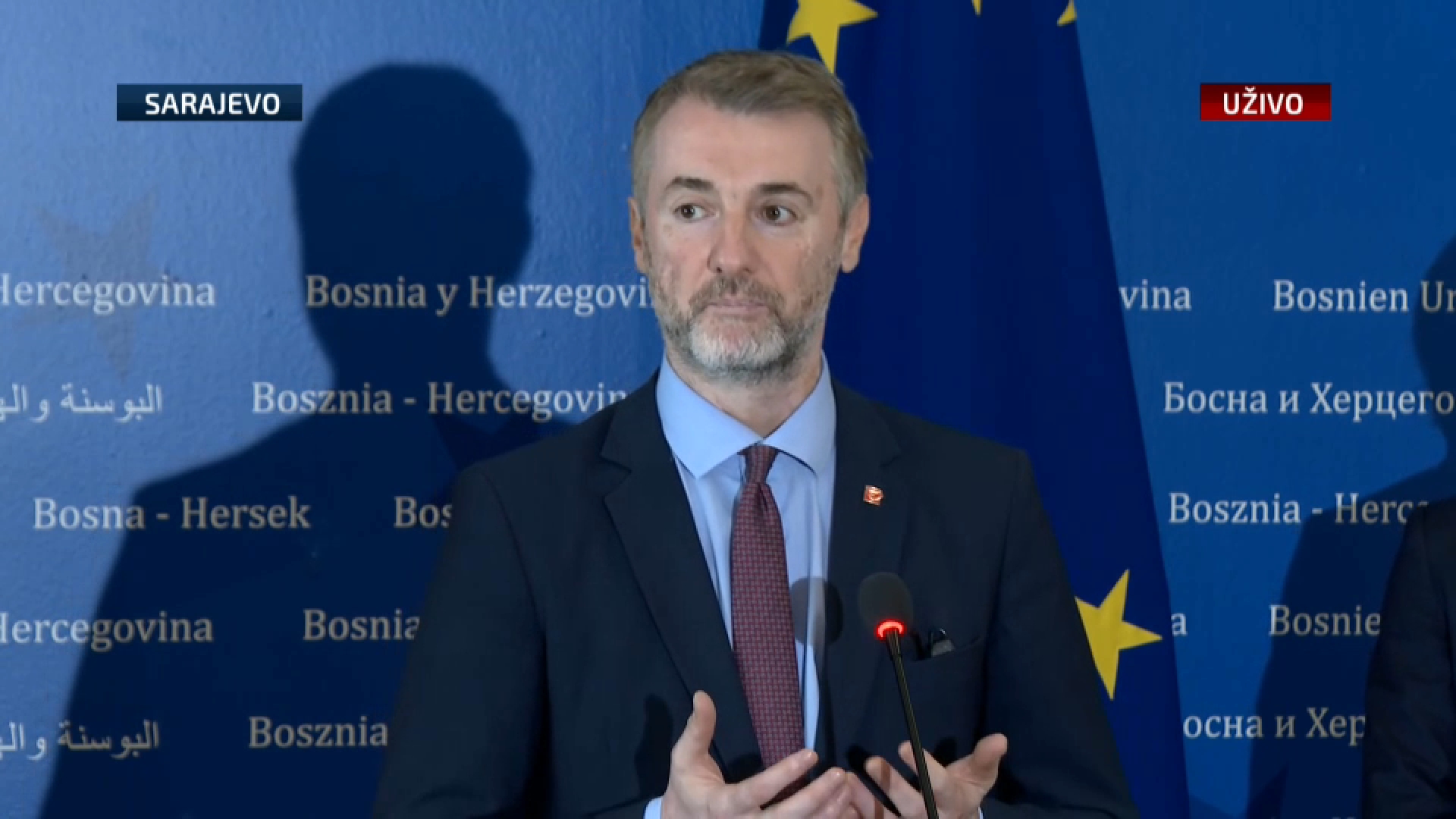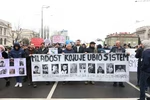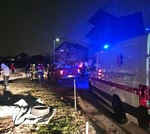
Following the failure of the Council of Ministers of Bosnia and Herzegovina to adopt a reform plan that would have enabled the withdrawal of the first tranche of EU funds amounting to 70 million euros from the Growth Plan, the media was addressed by the party "Nasa Stranka" (Our Party). During this address, party president Edin Forto stated that the SDA opposed the projects in this document simply because they are not in power. He also expressed his inability to understand how anyone could have the courage to destroy these projects for their citizens.
Forto stated that any premier, even just one, could have blocked all of this since Bosnia and Herzegovina, as a country, relies on consensus when it comes to decision-making.
“But coincidentally, or rather by plan, four cantonal premiers from the SDA decided to halt or suspend our European path, and then to set conditions on how they would do it better, which, of course, we have not seen in the past. The Growth Plan is an EU mechanism intended to bring the Western Balkans closer to Europe. Everything in the Growth Plan in terms of projects, reforms, and political matters awaits us when we open negotiations. Every one of these 110 measures we agreed upon, which were suspended yesterday, will await us when we open negotiations. This was a test for Bosnia and Herzegovina. Not only do we want to undertake these difficult political reforms, but this time the EU came and said, 'Do this, and we will offer you the prospect of grants and very favorable loans for what you think is a priority.' We believe the priorities are the rule of law, market harmonization, and the green transition. We submitted projects that are important to us, which are ready infrastructure projects, and someone decided that this is not good enough. So 110 measures are not enough, it must be 113, and that is just an excuse,” Forto explained.
He clarified that it was a draft that the European Commission needed to approve and then it would return to Bosnia and Herzegovina as an interstate agreement.
“We had to approve it in the Council of Ministers of Bosnia and Herzegovina and in both houses of parliament as an interstate agreement. This is like the Stabilization and Association Agreement. A huge document of great importance with deadlines that are very ambitious for Bosnia and Herzegovina, for which someone decided that it is not good enough just because they do not sit in the Council of Ministers and where they are used to. There is also something mentioned in the explanation of the reasons for rejecting such an agreement. Someone said they are not good enough because children of one ethnic group are preferred over children of another ethnic group, which is a lie,” Forto emphasized, listing the projects that were voted against:
“A project that should have been at the top of the priorities, which is for the railway to go through the Tuzla Canton, was destroyed. And now I am interested in whether the SDA destroyed this project because they are pursuing a policy that Tuzla should be isolated, and how the premier of Tuzla Canton will justify what he did. Or in the Una-Sana Canton when we hear that the government is responsible for waiting at border crossings, and that was also one of the measures to ease waiting times. The premier of the Zenica-Doboj Canton does not want the railway to be built through his canton, and he says it is not good. We are also witnessing the decline in the power utility and we wanted not to pay additional and more expensive electricity. Only the power utility had projects worth 160 million euros in this plan that no one finds good. They also said something else. The state was removed from the agreement because Bosnia and Herzegovina is mentioned 1,213 times in this document. They destroyed our project and plan that they didn't even read.”
He mentioned that perhaps they did not even notice one word in the project, and that is harmonization.
“It is not just about harmonizing our judiciary and infrastructure with the EU. It is about harmonizing within Bosnia and Herzegovina. This harmonization refers to the rights of mothers, their allowances in accordance with the Sarajevo Canton, and maternity leave. That is one of the measures that someone did not find good. I cannot explain that someone had the courage to destroy this for their citizens. Each canton that voted against this should explain to their citizens why it will not be realized. Our train left yesterday; Bosnia and Herzegovina did not agree because the SDA is not in power. It sounds absurd, but it is so,” Forto concluded.
Sabina Cudic, a member of the Presidency of Nasa Stranka, explained why she believes the SDA blocked the adoption of the Draft Reform Agenda.
“The Presidency of the SDA made a strategic decision not to support development and strategic projects of Bosnia and Herzegovina or the EU path before the elections in October 2024 because they believe that the development of Bosnia and Herzegovina and the accelerated EU path and the adoption of these measures would harm their work, and secondly, bring them an electoral defeat, and for this reason, they are willing to halt projects across the entire Bosnia and Herzegovina hoping that the blockade will produce a better election result,” she said.
Bosnia and Herzegovina is the only country in the region that has not joined this instrument, for which even two billion KM have been allocated. The process was slowed down by the fact that Bosnia and Herzegovina had to harmonize 113 points from the reform agenda, and some points were conditioned by the ruling authorities from the RS.
This time, conditional approval came from four cantons in the Federation of Bosnia and Herzegovina, who, as a reminder, did not give it in the end. These are the Central Bosnia, Tuzla, Zenica-Doboj, and Una-Sana cantons.
The Council of Ministers of Bosnia and Herzegovina stated that a vote “for” or “against” was required without conditions, so their communication was understood as a vote against.
Accordingly, there was no consensus, and thus the Reform Agenda was not agreed upon nor will it be sent to Brussels. Instead of such a document, information that it was not agreed upon will be sent to that city.
Kakvo je tvoje mišljenje o ovome?
Učestvuj u diskusiji ili pročitaj komentare





 Srbija
Srbija
 Hrvatska
Hrvatska
 Slovenija
Slovenija



























































